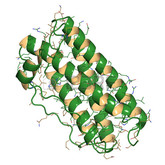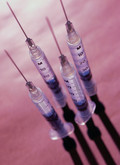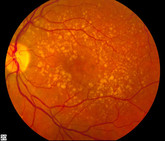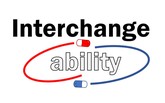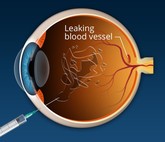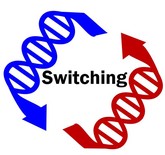Biosimilars/Research
|
Posted 11/03/2022
Biosimilar use has led to increased access to biological treatments for some molecules wherein switching from originator to biosimilar has been one means to exchange products [1, 2]. Another but less applied way to exchange the products is via substitution by a pharmacist, i.e. without informing the prescriber [2]. Substitution of biosimilars is a topic with many contrasting views and has been highly debated [3-12]. More clarity on the matter is needed because health care has reached a point where policy decisions need to be made about whether substitution should become a practice in biosimilar use. Therefore, researchers from Denmark, Sweden and The Netherlands investigated the views of experts from medicines agencies and the pharmaceutical industry on the science underpinning interchangeability of biosimilars [13].









